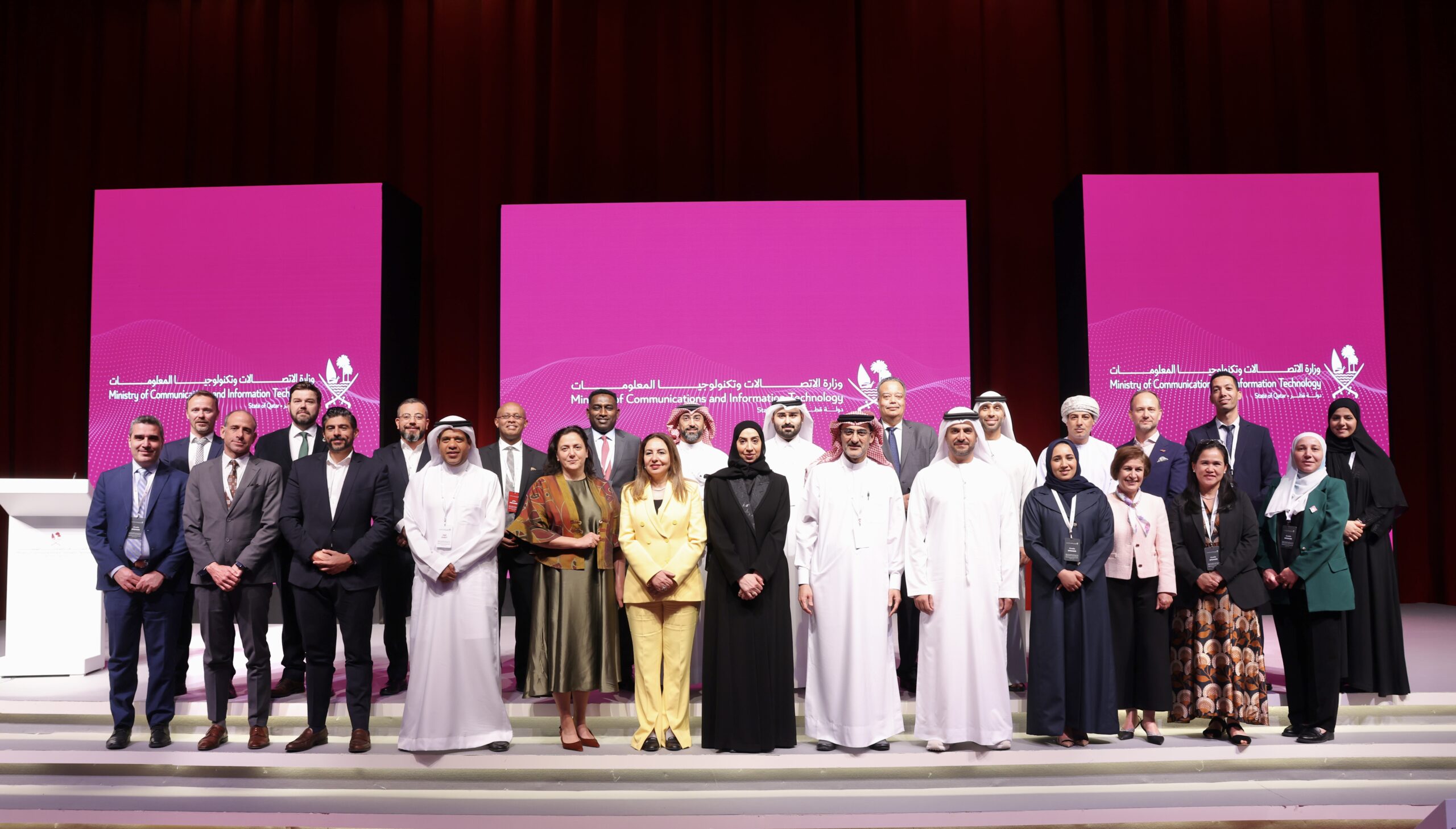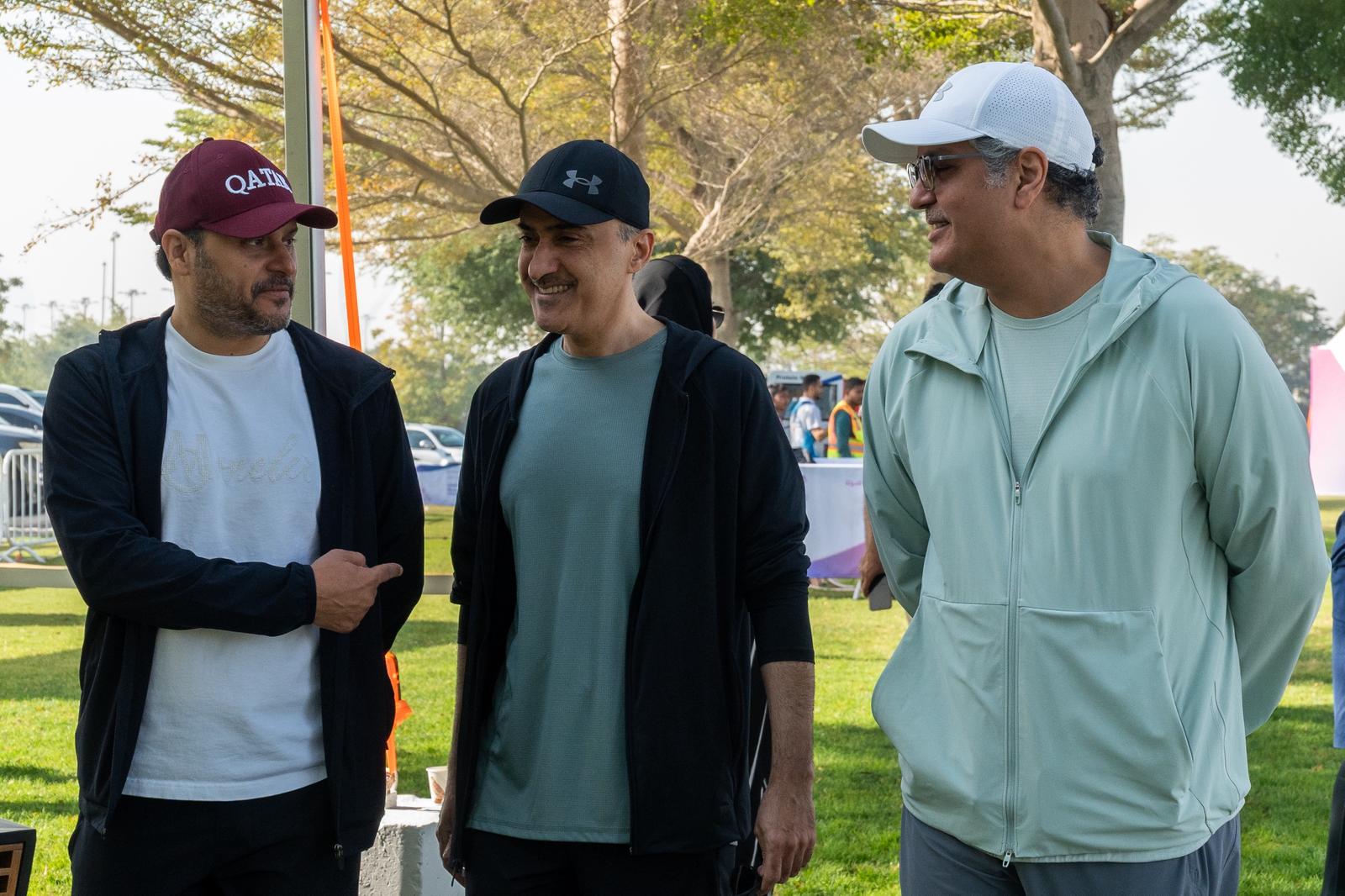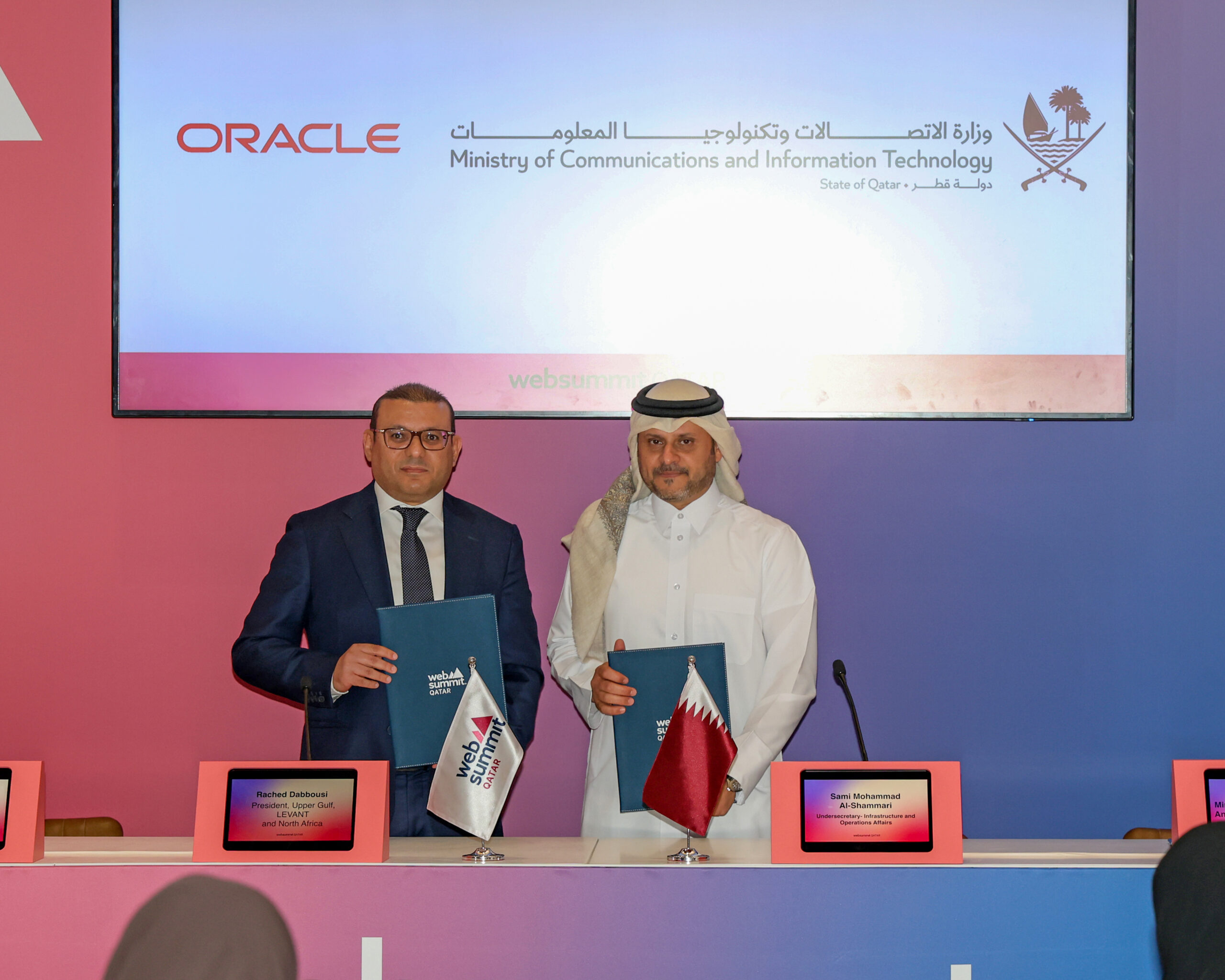- English

Qatar Hosts the 2nd Edition of the MENA eGovernment Workshop with Wide Arab and Regional Participation
- The Ministry of Communications and Information Technology hosted the second edition of the E-Government Workshop for the Middle East and North Africa Region in Doha from April 23 to 24, 2025.
- The event witnessed broad participation from representatives of the United Nations, the GCC countries, regional states, and international organizations.
- Translated editions of the 2024 UN (EGDI) Report were launched in Arabic, French, and Spanish.
- The workshop featured 11 panel discussions that highlighted national experiences in improving their EGDI rankings and explored mechanisms for enhancing performance across the report’s sub-indicators.
The State of Qatar, represented by the Ministry of Communications and Information Technology (MCIT), and in collaboration with the United Nations Department of Economic and Social Affairs (UNDESA), organized the second edition of the E-Government Workshop for the Middle East and North Africa Region. The event was held at the Sheraton Grand Doha Resort & Convention Hotel from April 23 to 24, 2025. The workshop drew wide participation from representatives of the United Nations, Arab countries, GCC member states, regional countries, along with official delegations, experts, and representatives of international organizations.
The workshop aimed to support the development of the evaluation methodology for the United Nations E-Government Development Index (EGDI), reflecting the unique regional context and keeping pace with rapid technological advancements. It also sought to strengthen regional cooperation among participating countries, enabling them to share experiences and successful digital transformation initiatives that help enhance the performance of their digital governments and achieve comprehensive and sustainable digital transformation.
The event featured a rich program of 11 discussion sessions, involving a select group of local and international experts from across the Arab world. The sessions focused on analyzing the three main components of the EGDI: online services, telecommunication infrastructure, and human capital development. They also explored opportunities for improvement in each area and discussed ways to advance national performance in these indicators. The workshop served as a vital platform for exchanging knowledge on best global practices and experiences, highlighting the common challenges faced by countries in their digital transformation journey, and exploring inclusive and innovative policy solutions.
In this context, Ms. Mashael Ali Al-Hammadi, Assistant Undersecretary for Digital Government Affairs at MCIT, stated: “The launch of the second edition of the E-Government Workshop for the MENA Region in 2025 reflects Qatar’s commitment to advancing digital governance standards at both the regional and international levels. It also strengthens international cooperation frameworks to amplify the impact of digital transformation in achieving sustainable development goals and enhancing digital inclusion. This workshop is one of the key initiatives supporting the implementation of the Digital Agenda 2030, Qatar’s national roadmap to build a connected digital government that relies on modern infrastructure and supports a digital economy and society capable of innovation and leadership amid rapid global changes”.
During the workshop, Ms. Al-Hammadi also announced the translation and design of the Arabic and French editions of the 2024 United Nations EGDI Report, prepared by the State of Qatar, represented by the Ministry of Communications and Information Technology, in cooperation with Hamad Bin Khalifa University. She also noted Qatar’s contribution to the Spanish edition of the report, which was produced by the Republic of Uruguay. This strategic milestone underscores Qatar’s commitment to supporting universal access to digital knowledge and promoting linguistic diversity in global digital content, “helping broaden the impact and dissemination of knowledge across both developing and developed countries.”
In this regard, Mr. Vincenzo Aquaro, Chief, Digital Government Branch, Division for Public Institutions and Digital Government (DPIDG), United Nations Department of Economic and Social Affairs (UNDESA), commented: “The 2024 United Nations E-Government Survey reflects Qatar’s digital transformation, which was accelerated with the hosting of the FIFA World Cup Qatar 2022. It stands as a model for how smart infrastructure and visionary leadership can fast-track the development of a resilient and inclusive digital economy”.
He added: “The notable progress made by GCC countries, including Qatar, highlights the power of regional cooperation and strategic investments in digital technologies in reshaping public governance and enhancing citizen engagement.”
Dr. Ibrahim Zain, Acting Dean of the College of Humanities and Social Sciences at HBKU, stated: “The ongoing partnership between Hamad Bin Khalifa University and the Ministry of Communications and Information Technology—particularly in preparing and designing the Arabic and French editions of the 2024 EGDI Report—demonstrates our shared commitment to excellence, inclusion, and innovation. Guided by its vision to propel Qatar’s economy forward and develop globally impactful solutions, HBKU continues to support national initiatives across sectors, fostering a knowledge economy and addressing global challenges.”
The workshop concluded with a set of recommendations that reflected the productive discussions and high-quality outcomes over the two days. These recommendations focused on supporting the development of the EGDI methodology in a way that suits the region’s specific needs and development context. They also emphasized the importance of enhancing cooperation among countries in the fields of digital capacity building, improving national data collection mechanisms, and adopting a participatory approach in digital policy development.
Moreover, the recommendations stressed the need to invest in digital infrastructure and build the capacities of governments to deliver inclusive smart services, with a strong focus on citizen engagement in designing and evaluating these services. The recommendations called for continued convening of such regional workshops on a regular basis, as they provide vital platforms for exchanging expertise, building partnerships, and supporting countries in making tangible progress in global digital governance indices.
These recommendations serve as a roadmap for joint action, reinforcing the MENA region’s role as an active player in the future of global digital transformation and reaffirming Qatar’s leadership in advancing this agenda through strategic partnerships and pioneering initiatives at both the regional and global levels.




